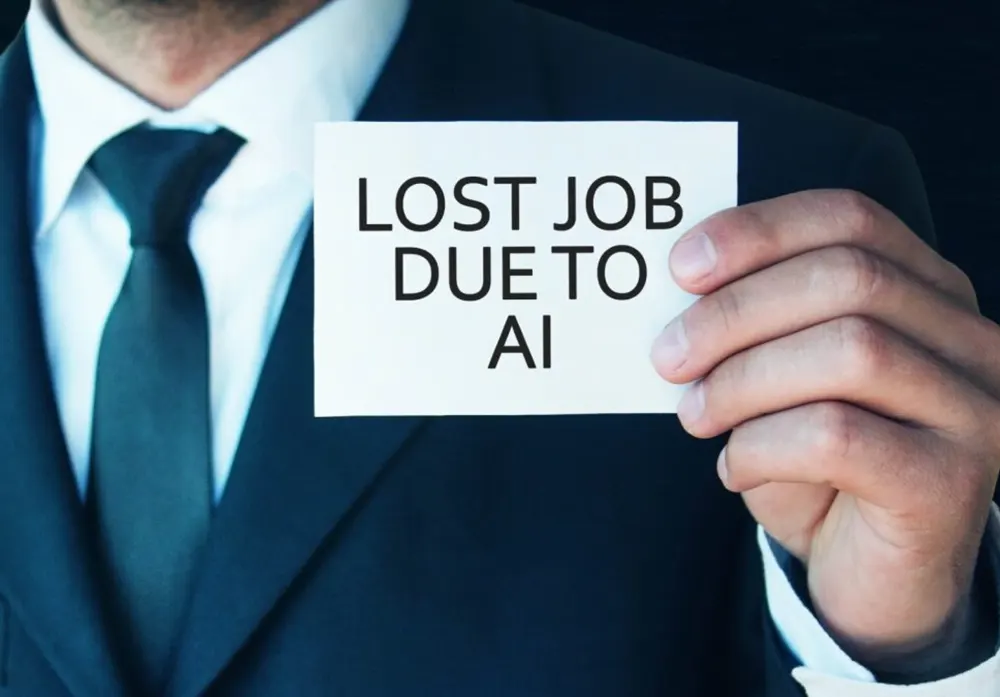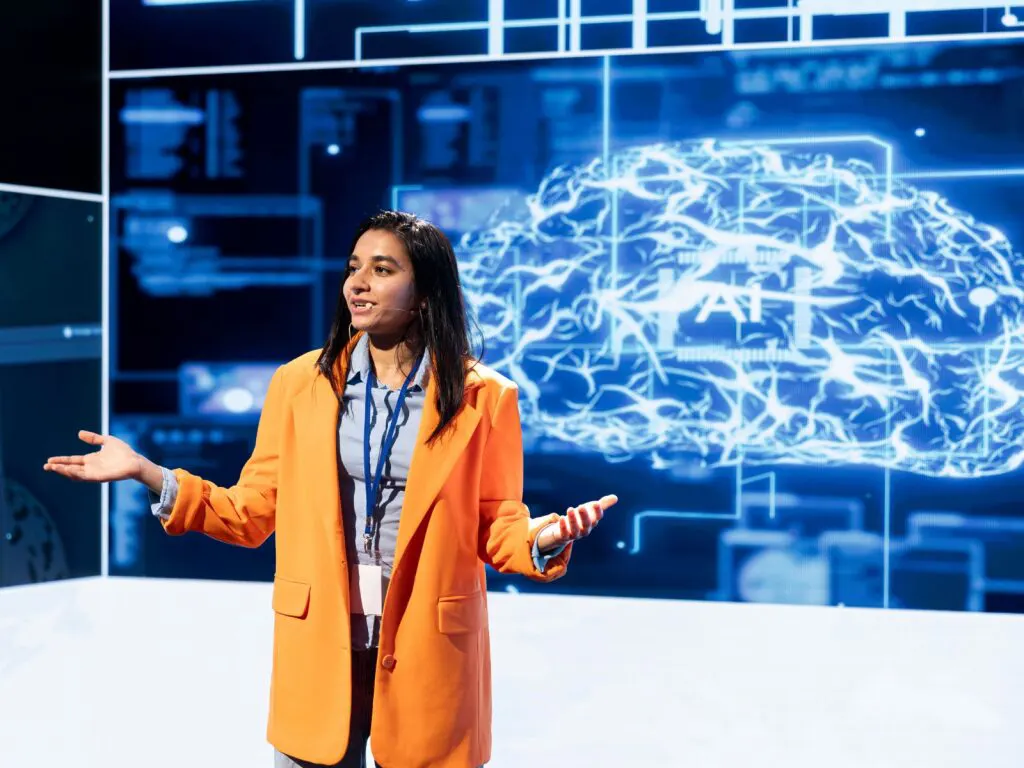Published on: August 21, 2025 at 3:04 pm
By Nick Keppler
Within ten years, artificial intelligence might cause 20% unemployment in the United States and the elimination of half of entry-level white-collar jobs, the head of one of the U.S.’s most powerful AI companies recently predicted.
Dario Amodei, CEO of Anthropic, the company that created Claude, a family of large language models (LLMs), told Axios that many in the AI field are neglecting to warn the public about the coming tectonic shift in the job market, saying, “We, as the producers of this technology, have a duty and an obligation to be honest about what is coming. I don’t think this is on people’s radar.”
Technological innovation has supplanted human labor many times since the industrial revolution, said Academy of Management Scholar Kris Byron of Georgia State University. But people have always found a way to pivot.
“There was a time when we had people creating all of our shoes,” said Byron. “Now we have mostly machines creating most of our shoes.
“That doesn’t mean that humans are now out of jobs; it means that humans are doing different things,” she said. “I will place my bet on human ingenuity and adaptation.”
Amodei bragged to CNN that Anthropic’s AI systems have “the ability to summarize a document, analyze a bunch of sources and put it into a report, write computer code,” with as much skill “as a smart college student.”
Byron has contributed to multiple studies about creativity, work, and management. She said that if companies can depend on AI for manual tasks and even some intellectual and semi-creative functions and responsibilities, workers will have more time to focus on other tasks such as strategic planning and innovation. Still, she understands the concern about AI eliminating certain jobs.
“We can probably figure out a way in which to change the way that work gets done that capitalizes on human uniqueness,” Byron said. “Anxiety comes when things are uncertain.”
Byron said that business leaders and entrepreneurs such as Amodei who work in cutting-edge fields often make bold statements, but “we very infrequently go back and look to see how accurate people’s predictions are.”
“It’s a very exact statement, which, to me, suggests that it doesn’t have a lot of truthfulness to it, because it’s very difficult to predict the future with that kind of certainty, especially about something like AI that has so much uncertainty that’s inherent to it, because it is changing so quickly,” she said.












